8 Filipinos Who Will be Affected by the Beverage Tax
Jul 19, 2017 • Ramil Obsello
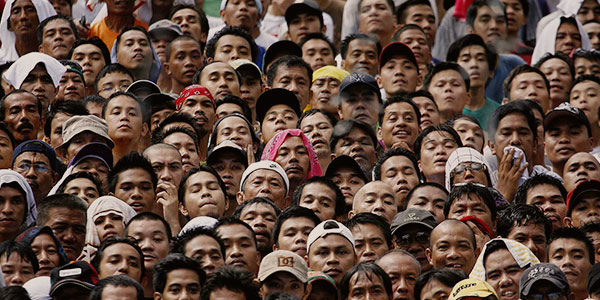
Jul 19, 2017 • Ramil Obsello
The Philippine government is pushing for a tax on sugar sweetened beverages with the aim of curbing obesity and increasing revenues. Sounds simple, right? Not quite. A closer look at the products being targeted by the proposed tax measures reveals who will truly bear the brunt. And it’s not who you think.
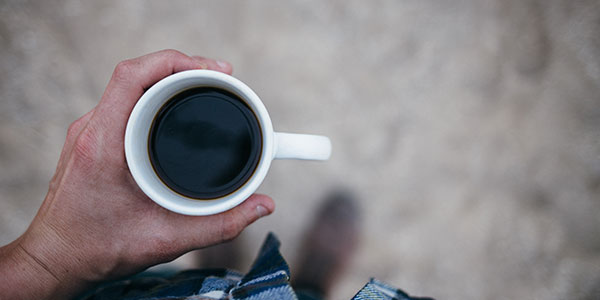
They have the same cravings for a caffeine fix as you do but going on a coffee run to Starbucks or Coffee Bean is just not their kind of thing – or more accurately, not their wallet’s kind of thing. The proposed tax measures will cause instant coffee prices to surge by as much as 160 percent. But here’s the catch, the coffee that is most accessible to the largest number of Filipinos, including construction workers, farmers, and most minimum wage earners, will increase in price while coffee that’s crafted by your favorite barista and topped with a heaping of sugar-laden whipped cream will not be affected by the tax hike.
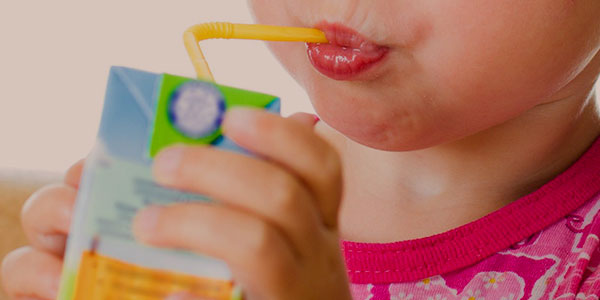
Every nanay who prepares baon just wants the best snacks and refreshment for her kids come recess time. However, not all nanays have the luxury of packing freshly squeezed orange juice for recess. Most would simply pack fruit juices in tetra packs or mix powdered juice from litro pack sachets, which also contains some vitamins and nutrients needed by kids, given their limited budget. A lot of nanays would also purchase a single sachet of powdered juice, which at P9 can already provide refreshment for her family of 6. Increasing the price to almost P30 with the additional tax will be largely felt by the nanays operating on a tight budget.
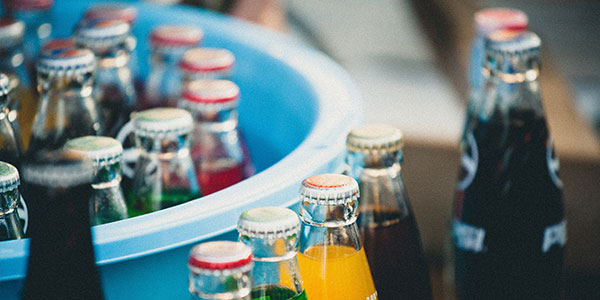
The hustle and bustle of earning your keep is something that millions of Filipinos keep up with every day and it is no easy feat. A lot of these workers – from the office guards in central business districts, public transport drivers, vendors in various markets around the country, and just about every Filipino who toil daily just to make ends meet – have energy drinks and softdrinks to give them that jolt of energy to let them go about their jobs and meet the required caloric intake. To tax these beverages is like adding to the back-breaking burden that the ordinary Filipino already has on his shoulders.
There are over 1.3 million sari-sari stores in the country, according to the AC Nielsen Retail Establishment Survey. And the primary products that these icons of Filipino entrepreneurship sell are beverages – from ice cold softdrinks to fruit juices in tetra packs to 3-in-1 instant coffee, and litro pack juices and teas. With 40 percent of a sari-sari store’s income coming from beverages, it would come as no surprise if these stores would eventually close down.
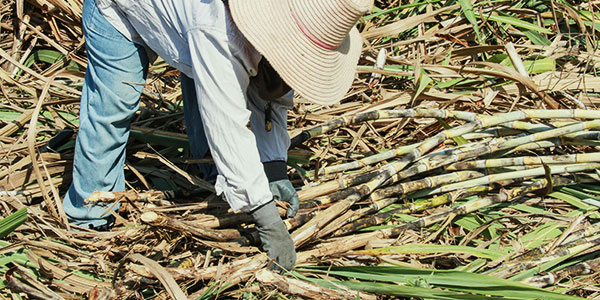
The sugar tax will cause a huge decrease in the demand for beverages, which in turn results to lower demand for sugar usage. This can result in the downsizing of the local sugar industry, if not its collapse. One can just imagine the impact of the proposed tax measure as the beverage industry accounts for 40 percent of the demand for local sugar.
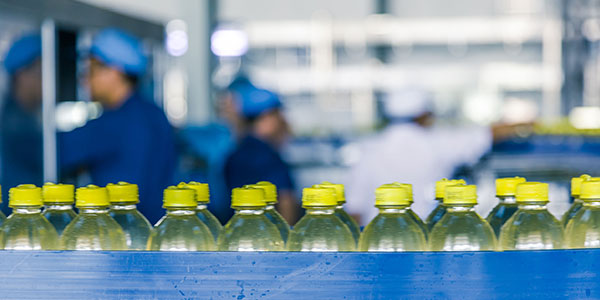
One of the largest industries in the country is the beverage industry. Each direct beverage industry worker helps support 5 to 7 other workers from other industries throughout the Philippine economy. And just like any other business, the operations of these companies would depend on their profitability. The Sugar Sweetened Beverage Tax would cause exorbitant increase in prices, which would lead to lower consumption. This then will result to the possible downsizing in their operations, limitation of future innovations, and reduction in terms of investment in the country.
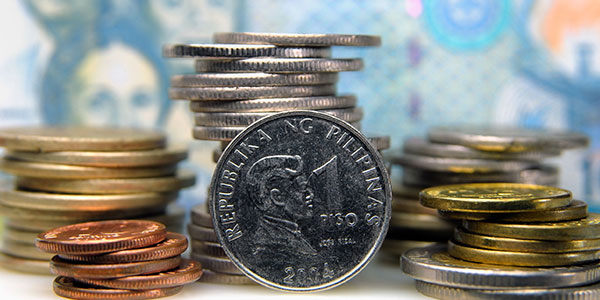
The proposed tax measure is one of the channels that the government aims to increase its revenues. However, with the surge in prices that the tax measure brings, it seems that the plan may just backfire on them. The excessive increase will turn away consumers from the taxed products and find alternatives from unregulated and unsafe beverages such as those sold along the streets. Moreover, lower demand in the product will also result to lower corporate, income, and value added tax collection. Ultimately, the government will fail to achieve its revenue targets from beverages.
The proposed tax measure on sugar sweetened beverages will affect just about every other Filipino. Banking on its alleged “health benefit” of curbing diabetes and obesity in the country, it will continue to give Filipinos a false sense of security. Studies show that sugar sweetened beverages account only for 2 percent in a Filipino’s daily caloric intake. And while government is heavily focused on obesity and diabetes, a study of the Food Nutrition Research Institute, a government agency, showed that 70 percent of Filipino households are unable to meet the daily required caloric intake. The same study also shows that obesity and diabetes in the country are heavily concentrated in the higher income segment of the market.
Millions of ordinary Filipinos will bear the brunt of the Beverage Tax – an ordinary family that seeks refreshments, the neighborhood sari-sari store, the beverage industry, and the other industries that rely on it, including the local sugar industry and logistic services. But more than all these sectors it will affect, the Beverage Tax reinforces the stark social difference there is in the country. Simply put, the proposed tax measures will tax what the driver and his family drinks, but not what a family in Forbes Park drinks.
If you want to voice your opposition to this proposed measure, visit pambansangpalista.org and join the 200,000 signatories in the petition against the beverage tax.
Input your search keywords and press Enter.

2 comments